Inclusion
Inclusion and Pastoral Support
At Gisburn Road Primary School, we appreciate that some children may have different or additional needs to others and may need extra support to access the curriculum. All teachers in school adapt their teaching and learning to ensure that it can meet the needs of all children.
Children who have Special Educational Needs or Disabilities may need extra help in a range of areas, including:
- Reading, writing, number work or understanding information;
- Expressing themselves or understanding what others are saying;
- Social skills including making friends or relating to adults;
- Behaving properly in school;
- Organising themselves;
- Sensory or physical needs which may affect them in school.
You will be informed by your child’s class teacher if we feel your child needs to receive some extra or additional support. You will then be invited to meet with our SENDCo, Mrs Susanna Whittaker and your child’s class teacher to discuss a way forward for your child. The level of extra help is known as SEND Support.
If we feel that your child has an additional need that requires external support, we will always seek your consent before we make a referral to gain specialist advice or support to help us. This could include a Specialist Teacher, Educational Psychologist or a Speech and Language Therapist. You will always be informed by your child’s Class Teacher and/or Mrs Whittaker of the outcomes and recommendations of any referrals made.
If we feel that your child has SEND, we will devise an Individual Education Plan (IEP) which will outline what we feel they need in place to help them progress through the education system. This may be provision within school and/or through external agencies. The plan will give specific targets and outline how children are being supported. It will also include information on specific areas you can work on at home with your child. Your class teacher will invite you in every term, usually at Parents Evening, to discuss your child’s IEP.
If your child’s needs continue to hinder their learning and development and we feel we need additional support in school, it may be necessary to apply for an Educational and Health Care Plan. It is important to note that children may require support on a short term basis or for many years. The needs of each individual child will be different.
At Gisburn Road Primary School, we firmly believe that all children make progress in different ways and at different speeds. Teachers take this into account and work hard to consider children’s strengths, different learning styles and abilities. This means that children may have different levels of support. If your child is making slower progress, it does not automatically mean that they have additional needs.
If you have any further questions or would like to speak with someone to discuss your child’s needs in more detail, please come into school and speak with the class teacher or contact us on 01282 812287.
Family Support
At Gisburn Road we recognise that many of our children and families may require additional support throughout their school journey. This is often referred to as Early Help. The purpose of Early Help is to support children and families when difficulties and needs arise. Early Help may be delivered at any point in your child’s life about any issue which is impacting or could affect their development and well-being, including education and health.
In school our Early Help offer starts with the class teacher they are available on the yards each day for you to raise concerns and seek support. If the class teacher feels they cannot address your needs they may suggest you speak with another member of staff in school such as our Family Support Worker, SENDCo or a DSL.
We may identify that children need additional intervention in school to support their Early Help needs some of the support may include:
• Nurture provision
• Social, Emotional or Mental Health (SEMH) intervention
• Lego Therapy
• Sensory circuits
• Friendship support intervention
• Drawing and Talking
• Support from outside agencies such as
Home-Start (support with parenting and family life) BPRVCS (social prescribing), CFWS (children and family wellbeing service with offering a variety of group support) School nurse (health and wellbeing), Time to thrive (Barnardo’s therapeutic support for children) Spring north and ADHD northwest (SEN support services) As well as a variety of useful links and websites to explore.
Gisburn Road works closely with the children and family wellbeing service, family hubs, School Nurse team and CAMHS these are community services that can offer additional support for your family. School have access to outreach behaviour support through D13 Inclusion Hub.
At Gisburn Road we are able to support families in various ways our Family Support Worker has a weekly drop I, on Friday, where you can seek support. At times families may require an Early Help Assessment (EHA) this allows us together to consider all your family’s needs and plan actions to support you to address those needs. If you require further information or support please contact Sarah Smith –Family Support Worker.
